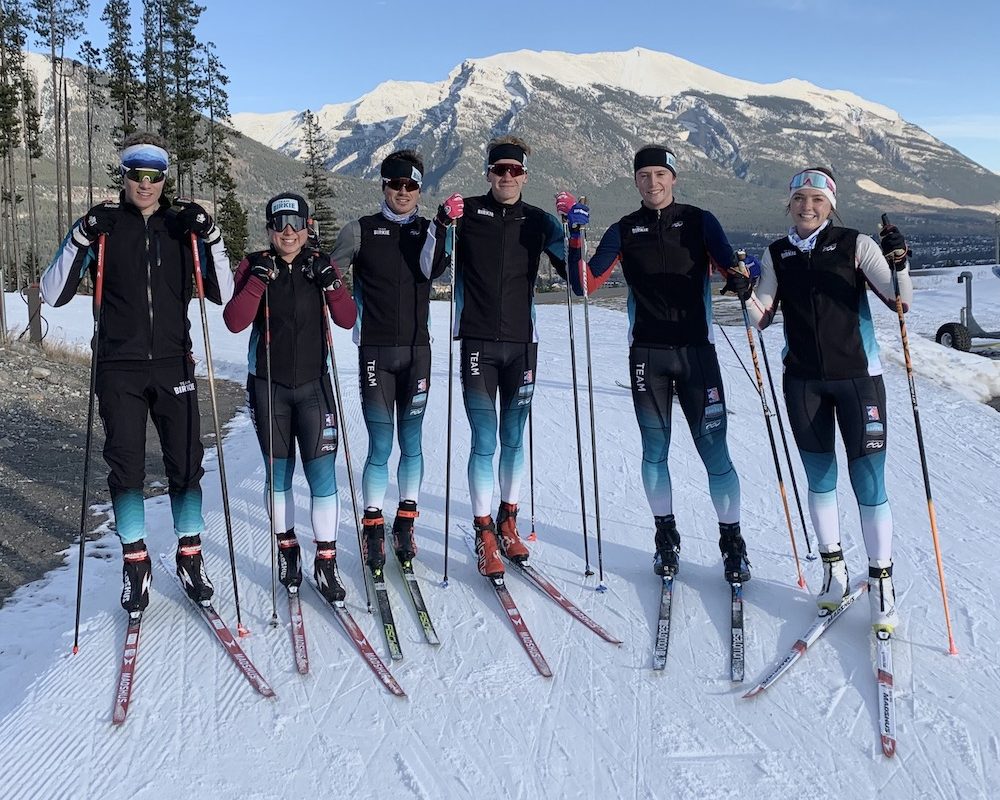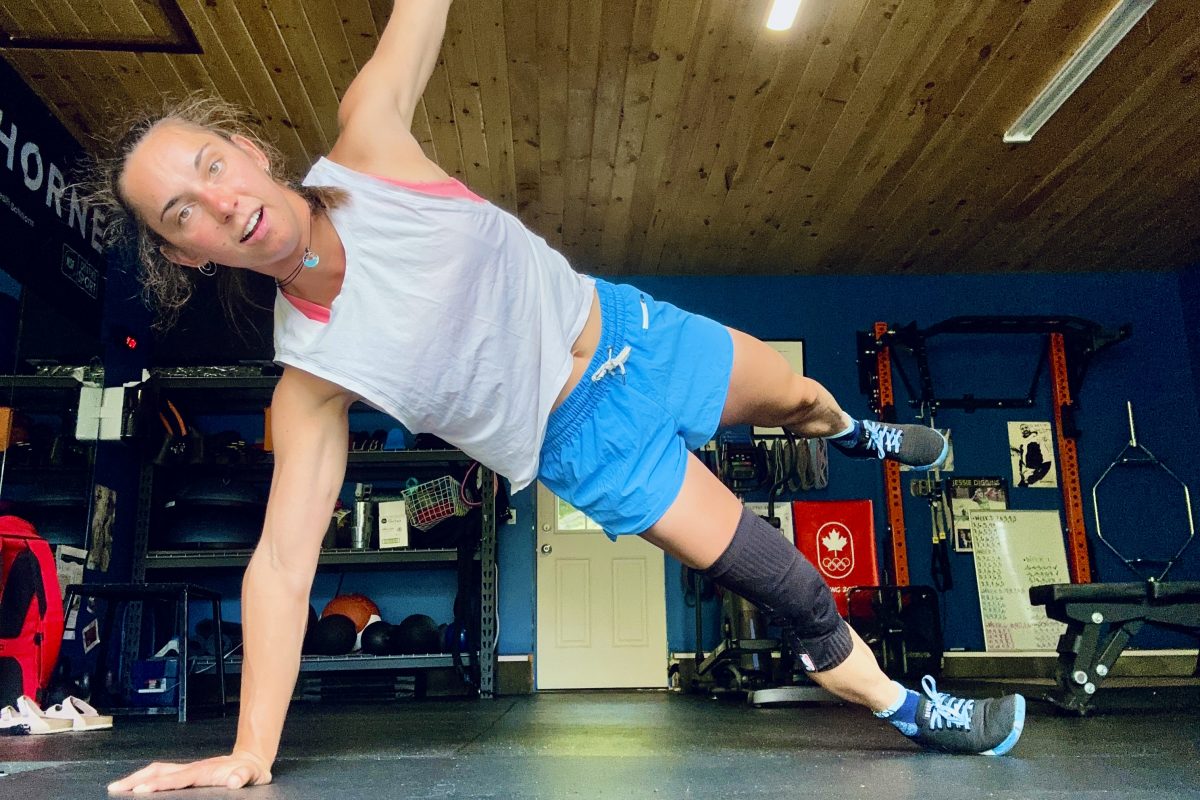I believe many in Norway wish that we are among the world’s best cross-country skiers. Just think about the atmosphere in Lillehammer and in Trondheim. There is no doubt that what happened there meant a lot to many people in our country. I myself become moved when some one stops me on the street and thanks me, or when I get a letter from people who tell me how much it means to them when I win.
When a Norwegian skier stands on top of the victory podium, it is clearly a highpoint for many. It is as if both the individual and the national identity swell with pride when people sit in front of the TV and watch Norwegians compete with the rest of the world.
Naturally I understand that there are other values in society. I see that today’s youth understand many things that I could not when I was the same age. Somewhat simply put, I could read, write, add and point out where Norway was on the map. Today children are surfing the Internet, play games form a CD ROM and learn important things from countless different TV channels. These are things I would have loved to be able to do. But at the same time I know that I was able to do a large amount of what today’s youth are not doing: play, activity and a close relationship to nature.
It is not only important for those who want to reach the top of sport result lists. Numerous studies show that there is a close relationship between fostering the body and developing the mind. Other studies show a lack of activity leads to greater risk for serious illnesses. I am also convinced that physical activity has an effect in preventing other serious problems youth now face, such as drug use.
In other words there are many reasons to lament this development in our society. For those who are concerned with keeping Norway at the top of international sport, the future is especially troublesome. I remember what Grete Waitz said when we found that we both had similar thoughts on the subject:
“I must admit that I am pretty pessimistic about the possibility of creating new champions in the sport you are I do. This is also because I think the Norwegian Sport Association and Olympic Federation have sunned themselves in the glow of champions fro the 1990s instead of getting down to the grassroots level and focusing on the children’s conditions for upbringing.â€
I can say about the same thing. Sure, I can hope that special cases will pop up, some one who goes against the flow and in the best Norwegian tradition will go his or her own way and become an Olympic champion in the 50 km race in 2010. It would be in spite of the culture he or she grew up in, not because of it. I hope for this, but do I dare believe it? The resistance is great. There are many examples that the level in endurance sports is sinking here in Norway. Look at track and field, where we can truly measure the level. Times are worse both among boys and girls in long distances than they were a few years ago. The Kenyans and other Africans have taken over. In the best possible case it will take many years before Norway is back neat the top again.
In cross-country skiing we don’t have the same competition. There largely compete with racers from other industrialized lands that are undergoing the same societal developments as we are. Therefore it is conceivable that Norwegian skiers will be at the top even after the Dæhlie/Alsgaard generation. But I am very afraid that it will be at a lower level than it is now.
This is how I think when I, in the middle of a workout, sit on the top of Fjellsjœkampen. They are depressing thoughts, but it is always possible to turn the negative into something positive. Development is not directed my natural forces. We can change things, if we want to. It is up to us, all of us.
I hope we can do it, for I wish the same kind of joy that I have had—whether it has been a fight for a gold medal or to meet a wild hen who pretends to be injured in order to save her brood as the little ones flee to all corners of the brush.



